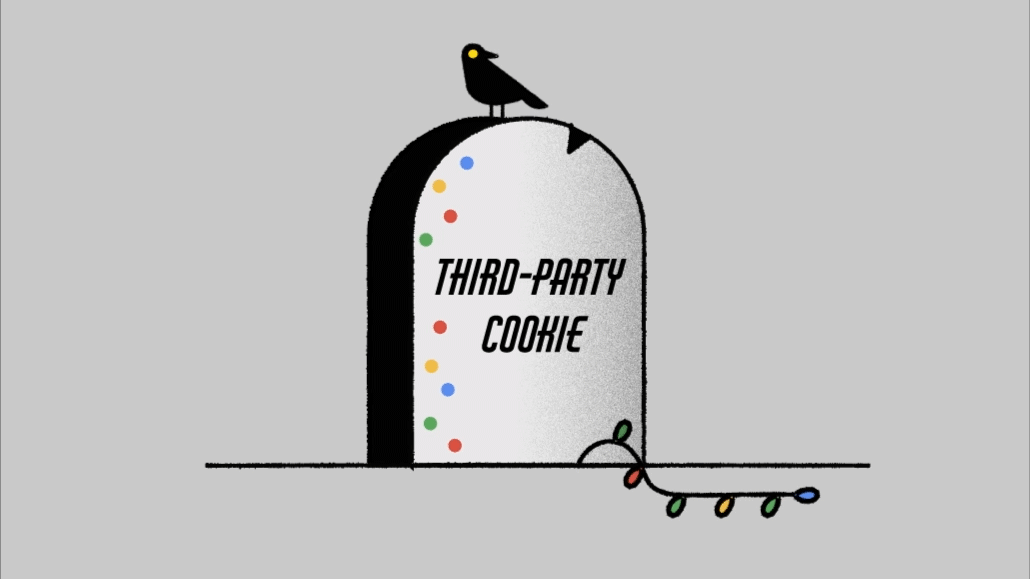Secure your place at the Digiday Publishing Summit in Vail, March 23-25
Digiday+ Research: Publishers’ post-cookie plans are set… but they’re still worried about what’s next

This research is based on unique data collected from our proprietary audience of publisher, agency, brand and tech insiders. It’s available to Digiday+ members. More from the series →
Most publishers went into 2021 with a game plan for how to meet the fast-approaching end of support for third-party cookies. With 2021 nearly over — and the deadline for cookie deprecation pushed back by a year and a half — those game plans are largely unchanged.
And so are publishers’ worries about whether their plans will work, according to new Digiday+ research.
In November, Digiday surveyed 60 publisher professionals about a number of different topics, including how their employers were preparing for the end of Google’s support for third-party cookies in its browser. It marked the third time Digiday had asked its research panelists about those plans, and while the sample’s participants have not been consistent over time, statistically significant numbers of people completed the survey each time.
The first time Digiday asked publishers these questions, the responses painted a clear picture of how publishers intended to respond to the coming disruption: Lean hard into first-party data, complement that data with a combination of publisher- and ad tech-built solutions, and look to lean into non-ad revenue streams like subscriptions where appropriate.
Nearly 10 months later, the data shows that publishers have largely stuck to those plans.
Yet that resolve seems to have had a limited effect on publishers’ worries about how the deprecation itself will go.
In both surveys, respondents were asked how much they agreed or disagreed with several statements about the effect that third party cookie deprecation would have on their businesses.
The results show that publishers’ outlook remains largely pessimistic. The percentage of respondents who think the end of third-party cookies will hurt their businesses is identical to what it was in the first quarter of 2021.
Today, a majority of respondents believe that their deprecation will hurt their ability to both target (55%) and measure (55%) ads, essentially the same as things were earlier this year, when 60% and 58%, respectively, agreed that their ability to target and measure ads would be hurt.
The lack of movement stands out in light of all the progress publishers have made incorporating things like third-party identifiers into their ad sales. Two thirds of publishers said that alternate identifiers figure into at least some of the ad sales deals they are doing now, though most of that share — 90% of those using identifiers, and 50% overall — said that those identifiers are used in less than half their deals.
More in Media

Why more brands are rethinking influencer marketing with gamified micro-creator programs
Brands like Urban Outfitters and American Eagle are embracing a new, micro-creator-focused approach to influencer marketing. Why now?

WTF is pay per ‘demonstrated’ value in AI content licensing?
Publishers and tech companies are developing a “pay by demonstrated value” model in AI content licensing that ties compensation to usage.

The case for and against publisher content marketplaces
The debate isn’t whether publishers want marketplaces. It’s whether the economics support them.








